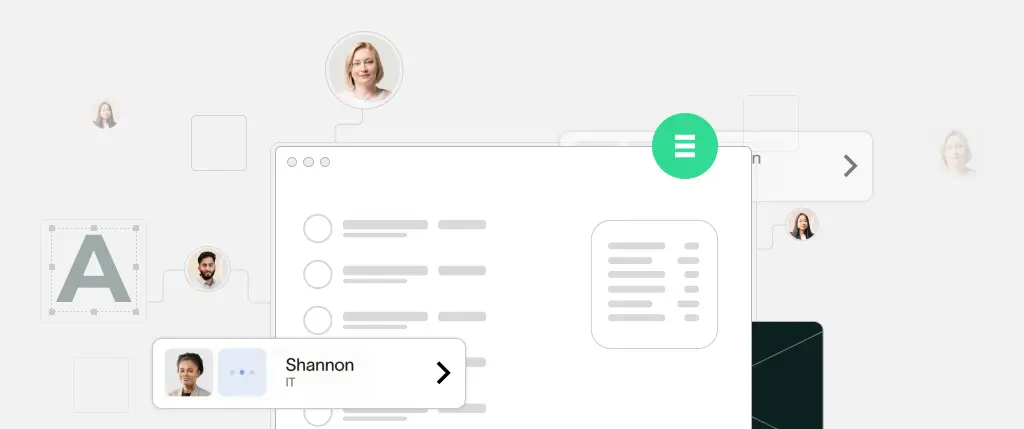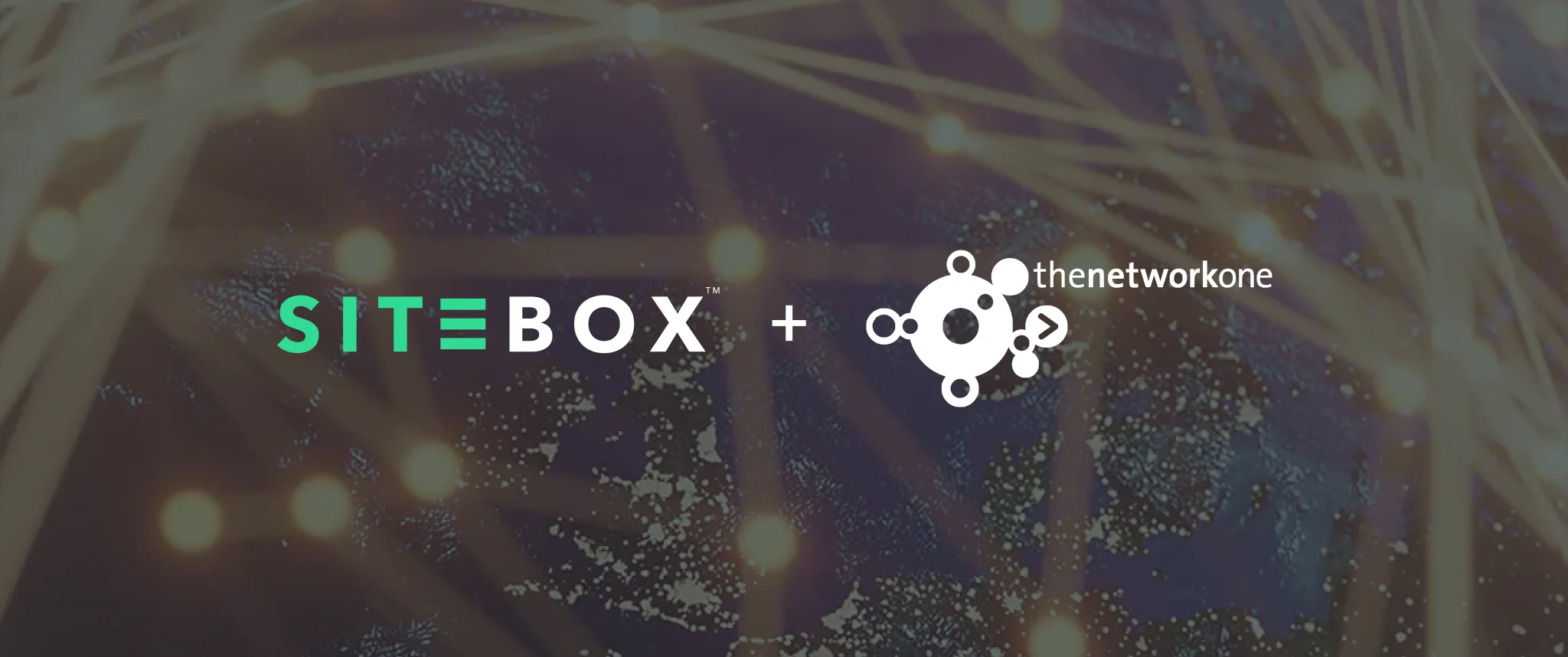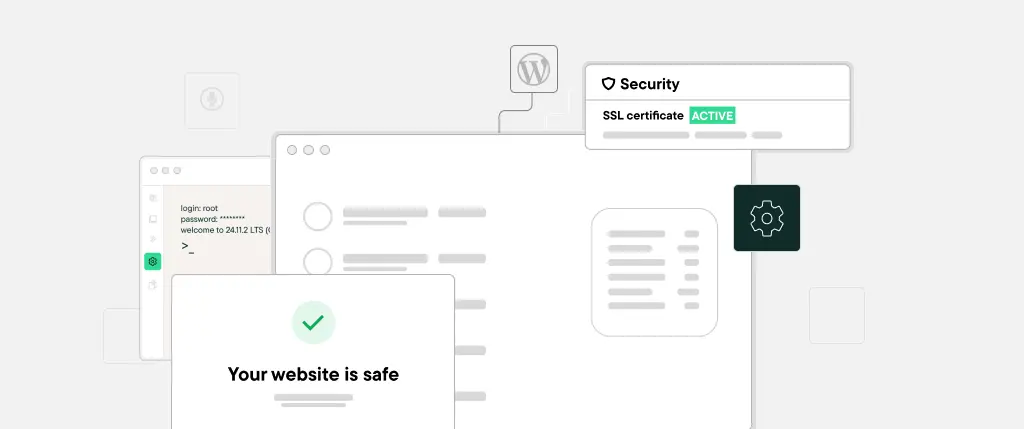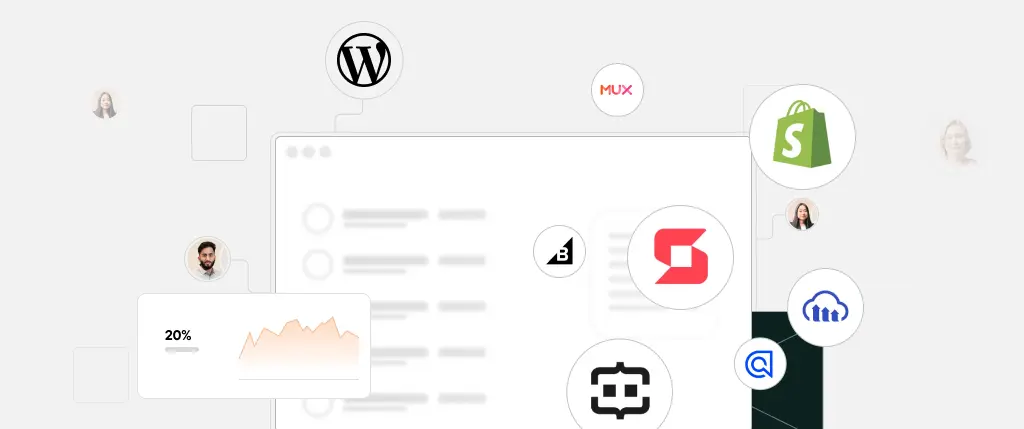If you’re looking to improve customer experience, reduce bounce rates, and drive more conversions, integrating an AI chatbot for WordPress user engagement might be the smartest move you can make this year.
With website visitors expecting fast, personalized responses 24/7, artificial intelligence (AI) is revolutionizing how businesses interact with users. In this article, we’ll explore what AI chatbots are, how they work, and how to implement them effectively on your WordPress site to keep users engaged.
What Is an AI Chatbot for WordPress User Engagement?
An AI chatbot for WordPress user engagement is a digital assistant embedded on your site that uses artificial intelligence to simulate human conversation. It helps answer questions, guide visitors, offer support, and even recommend products—without human intervention.
These bots use technologies like:
- Natural Language Processing (NLP): Enables chatbots to understand user queries written in everyday language.
- Machine Learning (ML): Allows the bot to improve over time based on interactions.
Why Use an AI Chatbot for WordPress User Engagement?
Here are five core reasons why a chatbot boosts engagement and enhances site performance:
1. ⚡ Instant 24/7 Customer Support
AI chatbots respond instantly, no matter the time of day. Visitors can get help outside business hours, keeping them on your site longer and reducing frustration.
2. 👤 Personalized Experiences
With the help of AI, chatbots can track behavior, past purchases, and browsing patterns to tailor conversations and product suggestions.
3. 🔄 Increased Engagement and Conversions
An effective chatbot engages users through real-time conversation, guiding them to actions such as signing up, purchasing, or reading content.
4. 💰 Reduced Operational Costs
Instead of hiring multiple support agents, a well-configured AI chatbot for WordPress user engagement can handle most common queries, reducing the burden on your team.
5. 📊 Actionable Analytics
Chatbot dashboards provide valuable insights into user behavior, questions asked, and drop-off points—allowing you to optimize user journeys.
How to Add an AI Chatbot to Your WordPress Site
You can integrate an AI chatbot for WordPress user engagement using plugins or by embedding third-party solutions.
Method 1: Use a WordPress Chatbot Plugin
Several WordPress plugins make it easy to add AI chatbot functionality with no coding required.
Top Plugins to Try:
- WPBot – Offers natural language understanding and WooCommerce integration.
- Tidio Live Chat – Combines live chat and AI responses.
- ChatBot for WordPress – Drag-and-drop chatbot builder with customizable flows.
Installation Steps:
- Install the Plugin
Go to Plugins > Add New and search for your preferred chatbot plugin. - Activate and Configure
Enter API keys or credentials and follow the setup wizard to define welcome messages, FAQ responses, or triggers. - Design and Customize
Adjust colors, position, language, and personality to align with your brand. - Test the Bot
Before going live, simulate user interactions to ensure the AI understands inputs correctly.
Method 2: Embed a Custom AI Chatbot via Code
For more advanced needs or third-party chatbot services like Dialogflow, Intercom, or ChatGPT-based solutions, you can embed code manually.
Example:
<!-- Custom AI Chatbot Embed -->
<div id="chatbot">
<script src="https://cdn.examplechatbot.ai/init.js"></script>
<script>
ChatBot.init({
token: 'your-api-token',
welcomeMessage: 'Hi! How can I help you today?',
});
</script>
</div>Paste this code in your theme’s footer (footer.php) or use a code insertion plugin.
Customizing Your AI Chatbot for Better Engagement
Once you’ve installed your chatbot, customize it for maximum user engagement:
🔍 Train with Business-Specific FAQs
Input company-specific knowledge so the chatbot can answer with authority.
🛒 Integrate with WooCommerce
Let users ask about product availability, delivery times, and track orders directly in the chat.
🎯 Use Interactive Triggers
Add quick reply buttons like “Book a Demo,” “Ask a Question,” or “Get a Discount Code.”
📈 Enable Analytics
Track messages, response rates, and user paths to refine chatbot behavior.
Best Practices: Making the Most of Your AI Chatbot
To get the most out of your AI chatbot for WordPress user engagement, follow these proven tips:
| Best Practice | Why It Matters |
|---|---|
| Keep language natural | Avoid robotic responses to ensure a smooth experience. |
| Add a human fallback | Allow users to contact a human if needed. |
| Personalize messages | Mention user names, recent activity, or past purchases. |
| Optimize for mobile | Ensure the chatbot looks and works great on smartphones. |
| Test and update regularly | Improve with feedback and behavior insights. |
Troubleshooting Common Chatbot Issues
Here are some typical problems users face and how to solve them:
| Issue | Fix |
|---|---|
| Bot doesn’t recognize queries | Add more training data or improve NLP setup. |
| Slow response time | Choose a high-performance provider with low-latency servers. |
| Bot appears on wrong pages | Use display conditions or shortcode placement rules. |
SiteBox: Seamless AI Chatbot Integration for WordPress
If you want to skip the technical work, SiteBox makes it easy to launch an AI chatbot for WordPress user engagement with just a few clicks.
Why Choose SiteBox?
- ✅ One-click chatbot installation
- ✅ Advanced AI logic out of the box
- ✅ Native integration with WooCommerce
- ✅ Real-time visitor tracking and reporting
- ✅ Mobile-first, fully responsive design
Whether you’re running a blog, an online store, or a SaaS platform, SiteBox gives you the tools to build smarter user experiences powered by AI.
Final Thoughts
An AI chatbot for WordPress user engagement is a game-changer. It not only provides instant customer service but also keeps users active, informed, and likely to convert.
From plugins to custom code or done-for-you platforms like SiteBox, you have several options for integrating a chatbot tailored to your audience’s needs.




